One of the biggest challenges that we and our children are facing is that our oceans are full of plastic trash, infiltrating our food sources. Plastic is used for everything, and especially for food storage. One of my personal goals is to become zero waste (eliminating my trash output) in my own home. I have a long way to go.
I will share here some tips for reducing your use of plastics in the kitchen, so we can all start this journey together.
• Use reusable cloth shopping bags and other containers when you shop. Make it a habit to gather all your reusable shopping bags, jars and tins before you leave the house to shop.
• Use compostable bags for food scraps (and bury the bag in your compost pile). Just make sure they are approved for home composts.
• Buy bulk – most health food stores have a bulk section and you can save on cost while reducing plastic use.
• Use glass jars + resuable bags for food storage. No need for all those disposable plastic produce bags!
• Stop buying plastic wrap and paper towels. You can use cotton hand towels, old t-shirts, and other rags to wipe your hands. I use lids from my pots or ceramic plates over glass bowls to cover my food rather than plastic wrap. There is also reusable (and 100% compostable) beeswax food wrap available now.
• Save all vegetable scraps in the freezer to use in stocks and compost when cooked.
• Use reusable glass straws instead of plastic.
• Use refillable glass jars instead of single-use spice jars.
• Make more food from scratch and shop for less items, more often, to reduce food waste.
I am a big believer that large supermarkets and health food stores and other businesses that use excessive amounts of plastic bags and other types of packaging should take responsibility to provide sustainable packaging for consumers. If good options do not yet exist, these companies should be funding the research and development of solutions. Hello Whole Foods/Amazon (yes, I’m talking to you!!). While all businesses need to be concerned about being profitable and their bottom line, we also all have a responsibility to the earth and all her inhabitants to preserve our way of life and our food sources. If you agree, please take a moment to write to Whole Foods/Amazon and ask them to make sustainable bags a priority.

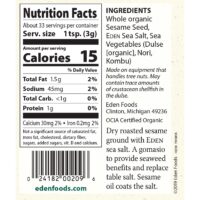
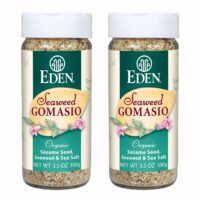
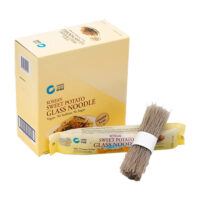
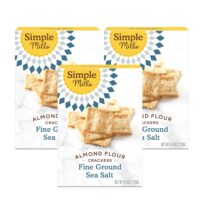

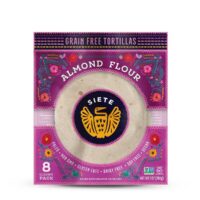
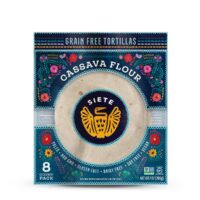



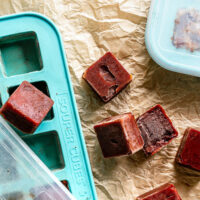
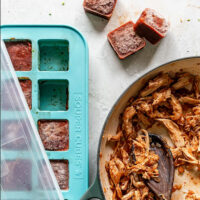

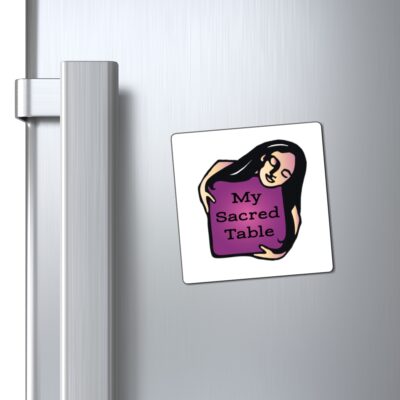
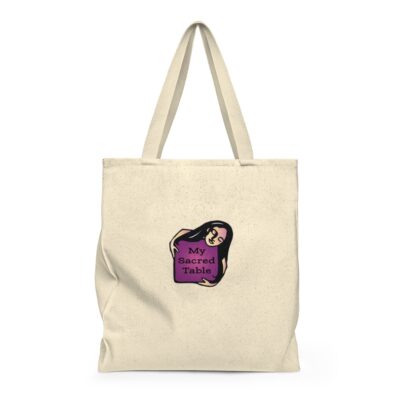
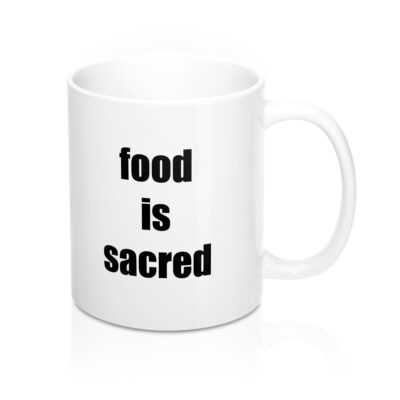
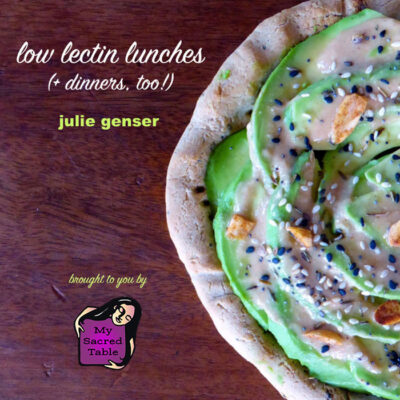
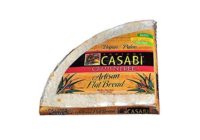
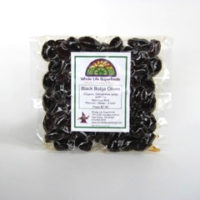

Recent Raves